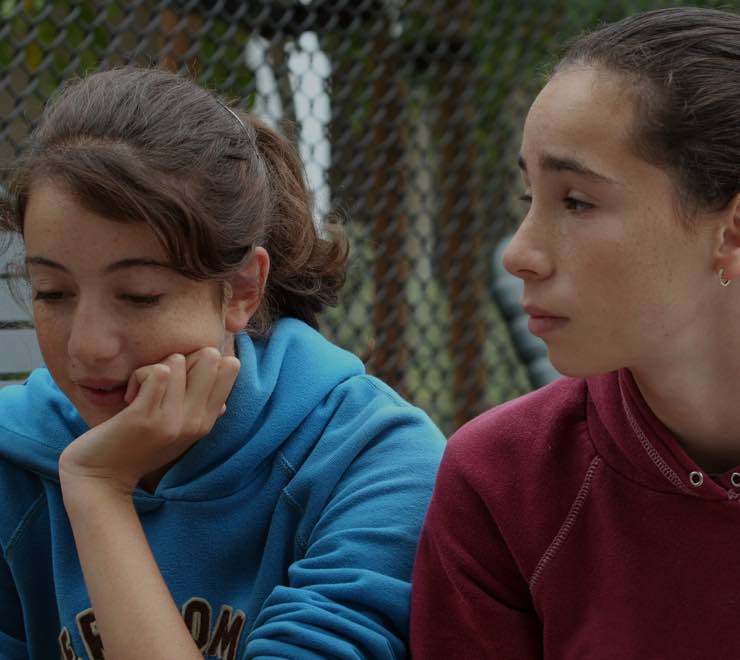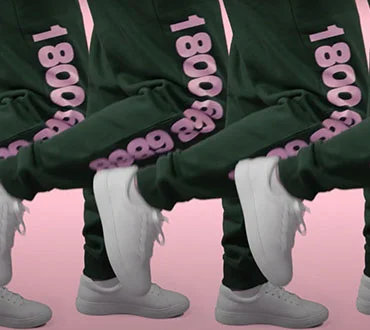If a friendship is causing you a lot of pain and problems, it may be toxic. Maybe your friend makes you feel unsure of yourself, or they want you to do things that you’re uncomfortable with. Or maybe you both seem to bring out the worst qualities in each other. Strong friendships can — and often do — have rough patches, but difficult or toxic friendships never seem to go smoothly.
Here are some signs that you’re in a difficult or toxic friendship:
- you often feel let down by your friend, even after setting expectations
- you feel like the friendship is unhealthy or brings out the worst in you
- you feel pressured to do things you don’t want to do
- you don’t want to talk to your friend about important things
- you don’t trust your friend
- you’re always fighting or bickering
- the friendship feels one-sided
- there’s a lot of jealousy and drama in the friendship
- things don’t seem to get better, even when you make an effort to work through problems
- you don’t really want to spend time with the person
- you don’t treat each other respectfully and sometimes you feel justified in being hurtful
- you’re afraid your friend will put you down
Dealing with a toxic friendship
Toxic friendships can be confusing and hard to deal with because you may value the relationship despite the hurt it causes. Try not to feel bad about yourself if you can’t decide between wanting to stay in the friendship and wanting to separate yourself from it.
If you’re considering whether or not to stay in a friendship, keep these things in mind:
- Know the score: it might be helpful to make a list of all the pros and cons of your friendship, then compare to see if the bad outweighs the good.
- It’s your call: only you can decide what is best for you. Your friend might be happy, but don’t let guilt or pressure keep you from staying in a friendship that makes you unhappy.
- It’s your timeline: take the time you need to think things through before you make a decision.
- Take some space: if you’re not ready to leave the friendship but you’re hurting a lot, consider taking a break from the friendship for a while. Keeping yourself busy or spending time with other friends can help to create boundaries and give you space from the toxic friendship.
Drifting apart
People change a lot throughout their lives, outgrowing things that used to be comfortable — including friendships. Sometimes friends just drift apart. It doesn’t mean that anyone is to blame; it just means that you and your friend are changing and may not have much in common anymore.
The following are signs that your friendship may be drifting apart:
- not feeling the urge to talk or hang out as much
- feeling like you don’t have much to talk about
- avoiding calls and messages
- getting irritated by little things about each other
- snapping at each other over nothing
Can you save the friendship?
It’s hard to let go of friends, especially when you haven’t had a big fight or treated each other badly. Sometimes friendships just need a little time and space. Consider taking a break and starting fresh in a few months. A bit of distance may be all your friendship needs.
How to cope when a friendship ends
It can really hurt to feel a close friend drifting away. It can hurt even more if you’ve tried reconnecting and it hasn’t worked out. Here are some ways to cope:
- Take your time: losing a friend hurts. Allow yourself time to grieve the end of the friendship. You may feel bad now, but eventually you will start to feel better.
- Don’t blame yourself: people and friendships can change. Remember that it’s not anyone’s fault, and just because the friendship is over doesn’t mean that you’re not worthy of making new, strong friendships.
- Move on: when you’re ready, consider ways to strengthen your relationship with other friends, or think about ways you can make new friends.



















